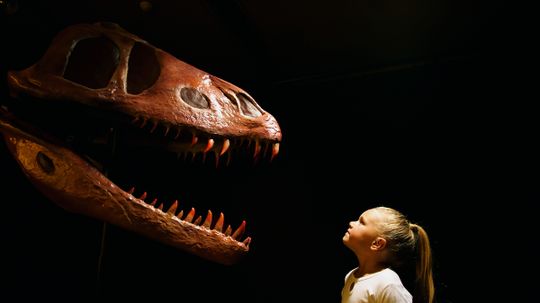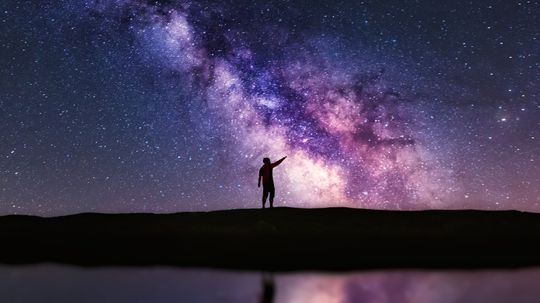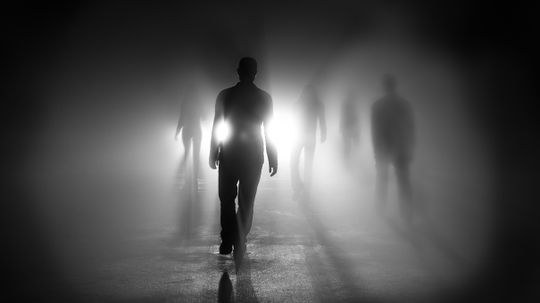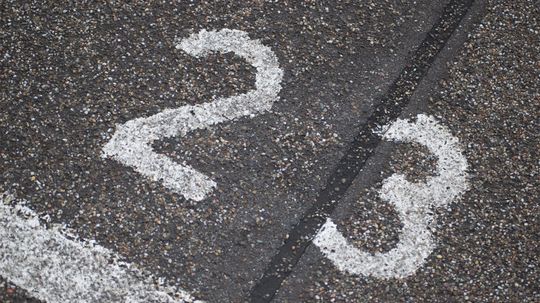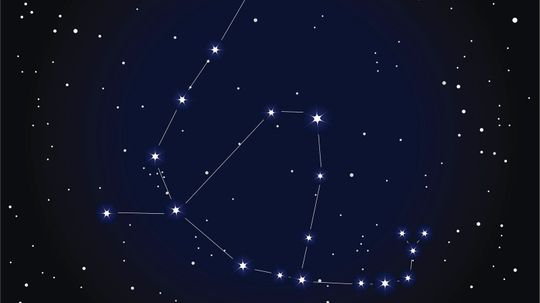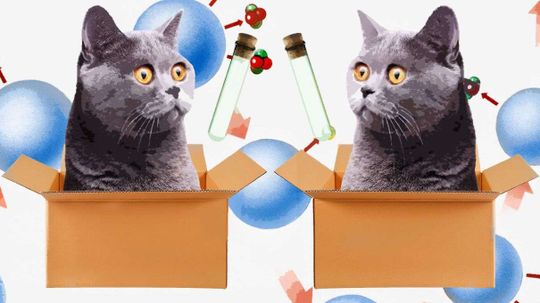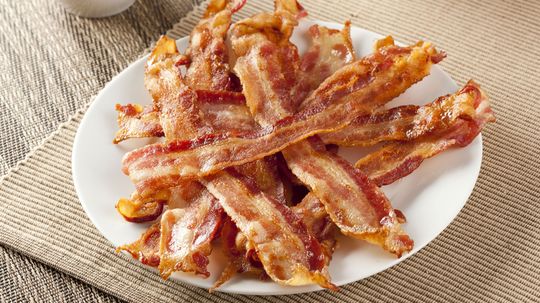Everyday Myths
There are certain aspects of everyday science that we think of as fact, but in reality may be pure urban legend. In this section, you can learn about some of the everyday science myths you may encounter.

Top 10 Ghost Tours
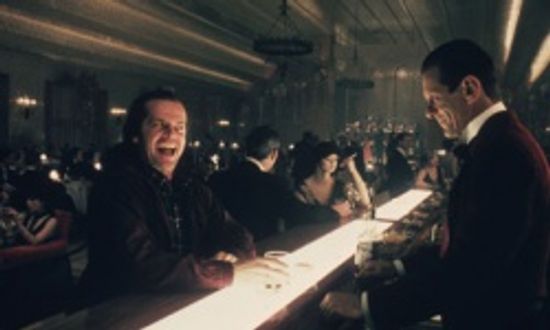
Top 10 Hotels That Will Scare the Daylights Out of You

What's So Scary About The Winchester House Story?

Understanding the Profound Meaning of Angel Number 909

The Mystical Meaning of Angel Number 727

1818 Angel Number: Unlocking the Path to Abundance and Success

Is the Bondo Ape a Cryptid or a Specially Adapted Chimpanzee?

The Yeti, aka Abominable Snowman: A Classic Cryptid
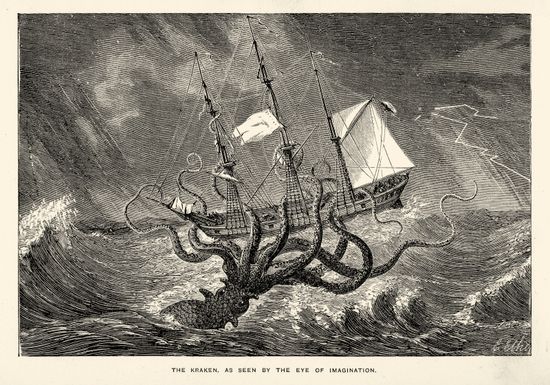
A Deep Dive on the Kraken, a Shipwrecking Sea Monster

What's Going on With Detroit's Mysterious Zug Island?

10 Unidentified Sounds That Scientists Are Seriously Looking Into

10 Famous Paranormal Hoaxes

What If Cows Didn't Exist?

What If Earth's Magnetic Field Flipped?

What If Humans Could Breathe Underwater?
Learn More / Page 3
Of all the cosmetic problems to worry about waking up to — dark under-eye circles, a blemish on your nose, new stubble on your chin — a headful of white hair ranks pretty low on your list. Should you be more concerned?
Picture the smells of a warm, sunny day in July. To your left, a neighbor is barbecuing. To your right, someone has put a warm apple pie on the windowsill to cool down. Smells great, right? So how does sunshine factor into all of this?
From tropical islands to arctic tundra, we humans appear capable of living just about anywhere. But do different groups of people fare better in certain types of climates, or are we just really good at adapting to the environment around us?
Advertisement
Whether in "King Kong," "Journey to the Center of the Earth" or "The Lost World," humankind has long held out hope of discovering a secret land filled with prehistoric beasts. But is that even possible? Are dinosaurs still alive?
When reeling off dubious facts (like lemmings plunging off cliffs en masse), there's no better retort to a skeptical audience than calmly explaining that it's not just true — it's science...right?
By Kate Kershner & Sascha Bos
Remember that traffic accident you avoided the other day? In another universe, you died. Or at least you did according to the Many-Worlds theory.
By Josh Clark
You may have heard the tale of a person who throws a penny from the Empire State Building and kills a pedestrian below. Does this story have any truth to it?
Advertisement
Leap years only come around once every four years. So, why are they so rare and who decided we need them anyway?
Some malarkey is so believable that it's turned many of us into inadvertent purveyors of hogwash. What are 10 bits of malarkey that tend to slip through the "hey, wait a minute" filter?
By Julia Layton
Humans are awesome and we have superpowers of our own. But could a greedy world of "supervillains" twist them against us?
By Diana Brown
If you think chainsaws were first invented to take down a swath of trees, think again. The real story is much more cringe-worthy and involves cutting bones during childbirth.
Advertisement
We've yet to find intelligent life outside of planet Earth. But instead of space, should we be looking right here but in other dimensions?
By Diana Brown
From plane crashes and deaths to sports superstitions and hexagrams, many people believe that the number 23 possesses magical properties.
You've heard this bit of hair care advice before, but is it true?
Whether you call it a contrast shower, a Scottish shower or a James Bond shower, it's guaranteed to wake you up. Here's why people are trying it.
Advertisement
CERN's work has been groundbreaking to say the least, but conspiracy theories run rampant about the potential disasters it could cause, too.
By Diana Brown
Thousands of years ago, the Babylonians created the zodiac and dropped a constellation when it didn't quite fit into their schematic. Its name? Ophiuchus. Should it be part of our horoscope?
A bunch of Yale physicists decided to give Schrodinger's cat not one but two boxes. And that, strangely enough, could eventually prove handy for quantum computing.
By Julia Layton
You know you can't believe everything you see or hear. But between the misinformation on the Internet and our natural propensity to believe what we're told, it can be hard to tell fact from fiction. Here are 10 ways to avoid being conned.
Advertisement
We all eat things we probably shouldn't, and that's OK from time to time. But there are some foods that are such nutrition bombs that even occasional indulgence isn't exactly wise.
Einstein showed us a mind-blowing way the universe works, while Max Planck and his gang showed us how particles on the atomic and subatomic levels work. But one doesn't explain the other. So there must be a larger theory encompassing them ... or not?
Of course you wash your hands after you use the restroom or work the room at a networking event. But what about after you play beer pong? Or cuddle a duckling?
Some say the real reason "no tear" shampoo works is that it has Novocain in it, desensitizing babies to its sting. Fact or urban legend?
Advertisement
According to recent studies, it appears gingers need extra anesthesia to put them under during surgery. The same gene that gives redheads their hair color is apparently responsible for the way the body handles pain.
By Josh Clark
A surprising percentage of Americans believe that Big Pharma is hiding the cure for cancer because there's a lot of money to be made treating the disease. Experts explain why this isn't true.
By Dave Roos



